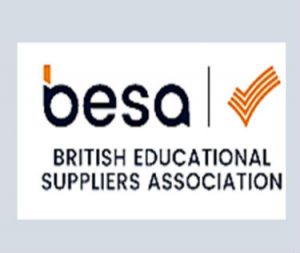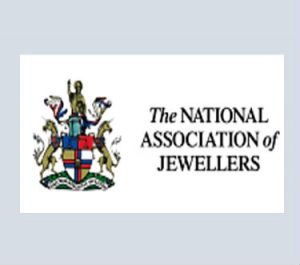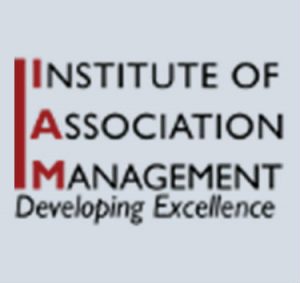
At smartimpact we’ve recently been talking about member engagement and how focusing on improving engagement is the key to success for membership organisations. Talking about it is all well and good but how does this translate into practical action?
Here’s five tips on gaining an understanding and improving your membership engagement rates.
#1 Understand what engagement looks like to your organisation
Engagement will look slightly different for every professional body so the first step is to work out what it looks like to yours. What do you consider important ‘engagement moments’? These could include:
- Email opens/click-throughs
- Event attendance (online of face-to-face)
- Involvement in committees & groups
- Volunteering/mentoring
- Recommending your organisation to others
- Connecting on social media
- Continuous membership renewal
- Use of benefits
Brainstorm, ask colleagues and refer to your overall business objectives to define a full list of your member ‘engagement moments’.
#2 Define metrics and KPIs that reflect these ‘engagement moments’
Once you know what ‘engagement moments’ are important to your organisation, you need to be able to measure them effectively so you can see where you need to focus improvements. You need to define metrics and KPIs that reflect these moments.
Some example metrics include:
- Member retention rates – by types of grade/level
- Email ‘click to open’ (CTO) rates – this compares the percentage of opens an email gets with the click-throughs it gets. This tells you if your members are engaged with your email communications. Measure different types of email separately to understand which are most effective
- Increase in active group members – do your committees and groups lack members or is there a high turnover? Measure and track this
- Use Net Promoter Score (NPS) – this is a well-known way of measuring advocacy. You will have seen the question ‘Would you recommend us to colleagues?’ – that’s NPS in action. Ask this question in all your surveys. Find out more about NPS»
- Social media activity increase – sharing/liking/commenting/Klout score
- website metrics
With regard to KPIs, remember to take initial ‘base’ measurements; these will help you define KPIs that are SMART (specific, measurable, achievable, realistic and time-based). For example, if your member retention rate at present is 40% you could set a KPI target of 75% within 2 years.
Regularly monitoring your defined set of KPIs will then allow you to see how well your activities and improvements are working (or not) and alter your actions accordingly.
#3 Understand what benefits are valued…and which aren’t
So, you’ve got your list of ‘engagement moments’ and monitor those through a defined set of KPIs. But that doesn’t address whether the member benefits you offer actually meet the needs of your members. What your members needed ten years’ ago may well have changed, but has your organisation kept up with this need for change?
Ask them. Through an annual survey, focus groups and regular satisfaction surveys throughout the year.
#4 Translate your findings into an improvement action plan
The most important thing about asking your members what they would like from your organisation is to then make the changes required! Adjust the benefits offered to meet needs and wants of today’s (and tomorrow’s) member, not yesterday’s.
Also, make sure you communicate your improvements and changes to the membership. In the way members want.
Finally,
#5 Don’t confuse loyalty with engagement
It might sound silly but loyal members aren’t necessarily engaged members. They’re very valuable members to have but it’s important to note the difference. A loyal member might continue renewing their membership for years in return for the support shown to them by the organisation in previous years. That doesn’t mean they read your emails, attend your events or use the benefits available. But it would be good to understand what would make them engage still.
We hope these tips have given you some food for thought. If you’d like to know more about engagement and how to measure those ‘engagement moments’ read our new ebook or call us on 0845 544 2043.









